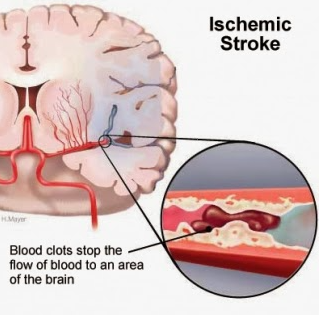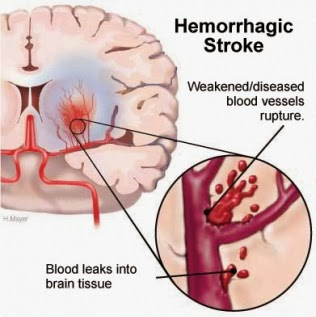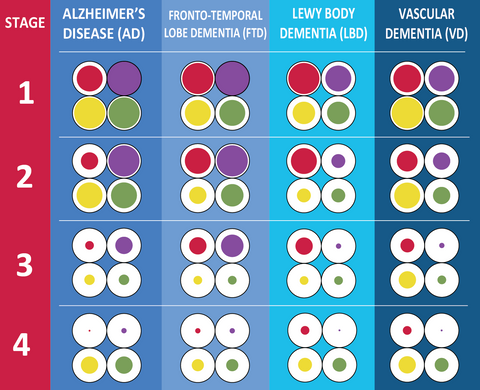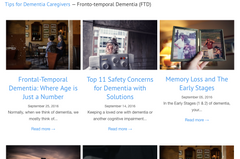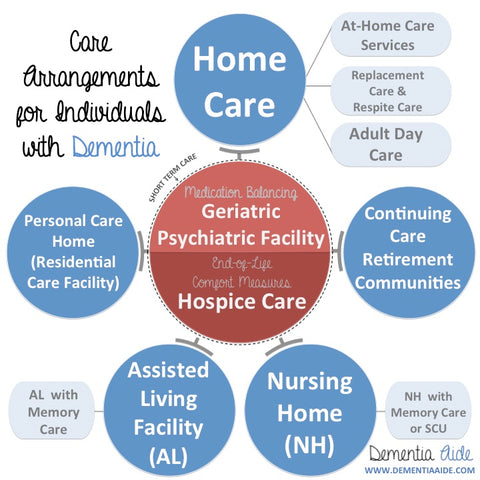
In terms of care arrangements for VaD patients, there are generally two types of options that the patient’s friends and family can opt for: in-home care or out-home care.
During the initial stages, while the patient is still able to function independently, most people may prefer to remain at home, where they are most familiar with their surroundings.
After initial diagnosis, the primary caregiver may still be able to handle the tasks of looking after the patient. But as the symptoms progress to the early and middle stages, they can opt for in-home care arrangements. There are several types available in this category:
- Companion services – to help with supervision and recreational activities.
- Personal carers – to help with various personal care tasks such as bathing, dressing, eating, and exercising.
- Homemaker services – to help with housekeeping, cooking, or shopping.
- Medical carers – to help with medical needs, physical, and/or mental therapies
Another option for patients who are still able to function relatively independently, is Adult Day Care Centers. These facilities provide a safe environment for dementia patients to pursue activities, interests, and socially interact with people. This type of care arrangement can give the patients a sense of freedom while dealing with their diagnosis. They are also likely to have counselling, health services, meal services, personal care, behavior management, therapy, and other related services available.
During the last stages of dementia, when the patient is unable to fend for themselves, the best choice often will be residential care in the form of Personal Care Homes, Assisted Living, Nursing Homes with special care or memory units. There, they can receive specialized care and treatment to ease their situation. Each of these facilities will offer different levels of care. Selecting one will depend on the patient’s needs and progression of Vascular Dementia. Read our detailed guides on each one to assess which may be the best fit for you or your loved one.
Hospice Care and Geriatric Psychiatric Facilities are two lesser talked about short-term arrangements for patients with dementia. These systems assist with end of life comfort measures (hospice) and medication rebalancing (Geriatric Psychiatric Unit), both of which are crucial to maintaining the patient’s dignity and safety for them and their caregivers.
Hospice Care services are available with any care arrangement and are attached to the patient wherever they go as long as the organization providing the services is able to provide services.
Geriatric Psychiatric Facilities are meant to be a resource for when a patient is experiencing severe behavioral changes that need to be adjusted for with medication in order to ensure the patients, and his/her caregivers safety.
For more information on the differences, how to find a care facility and on commonly experienced issues with each care arrangement, visit the following pages:
- Care at Home
- Adult Day Care
- Assisted Living
- Nursing Home
